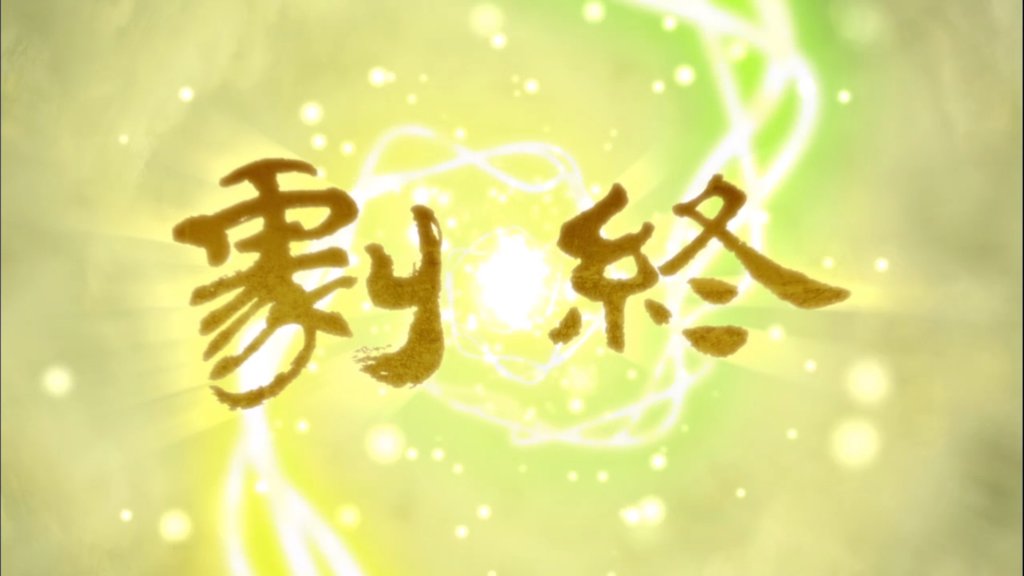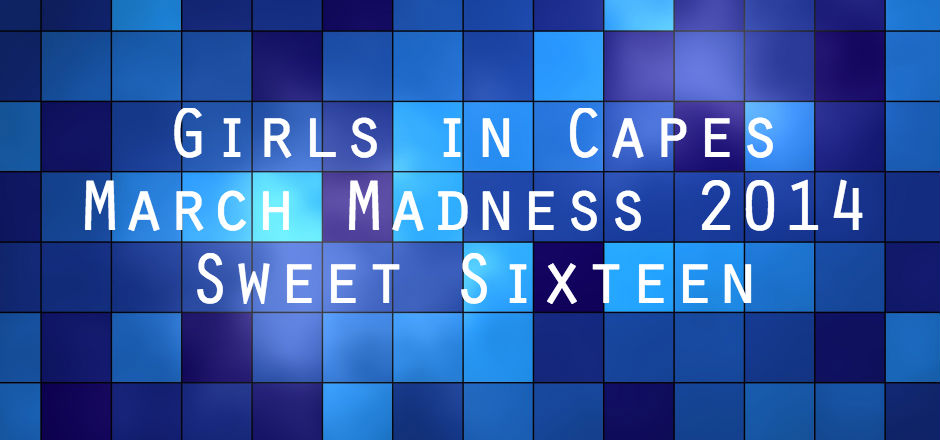One of the first questions I’m usually asked after meeting someone for the first time is “What are you?” Depending on the tone of voice the person is using to ask, I want to respond either “A human, you idiot,” or “I’m mixed,” both being completely accurate and the latter being more polite. (Another question I’m usually asked after meeting someone for the first time is “Are you Mexican?” which is my second least favorite question to be asked.)
Of the multiple races and ethnic groups that make up my genetic pool, I identify most strongly as Filipino: my father was born in the Philippines, and almost the entire paternal side of my family still resides there. I am definitely more Filipino in my habits and mannerisms than anything else. Yet culturally speaking, I’m not Filipino at all.

Vanessa Hudgens is a half-Filipino actress most famous for her role in High School Musical. She was born in the United States.
Being an Asian American is difficult to define. Who qualifies as Asian American? Are Asian Americans only those from China, Korea, and Japan? Does the term include South Asians, such as those from India and Vietnam? How about those from island chains like the Philippines and Malaysia? Are Hawaiians Asian Americans?
It’s difficult to draw a box around Asian Americans as a group. Asian Americans aren’t united by one language the way Latino Americans are, and while many are bilingual (or trilingual or more), many just speak English. Some immigrate to the US for work or school, while others are second-, third-, or fourth-generation Americans – and some Asian American families have been in the US longer than their white counterparts.
While most Asian Americans identify as descendants of a particular nationality, such as my affiliation as half Filipino, many Americans don’t differentiate between Asian American groups. Many Asian Americans – regardless of nationality or ethnic background – are asked if they are Chinese or Japanese, since those are the only Asian groups that exist in the mind of most Americans. And of course, there’s the ever-popular mockery of Asian languages.
Asian Americans have faced significant discrimination and continued racism in the media since the arrival of Asians in this country. Some of this racism and discrimination was institutional – for example, the Chinese Exclusion Act and the Japanese Internment during World War II.
Asian-American celebrities – and half-Asian American celebrities – have grown in popularity since the beginning of the 21st century, from the meteoric rise of George Takei’s fantastic social media presence to the equally meteoric rise of basketball player Jeremy Lin.

Darren Criss, a half-Filipino actor, rose to fame in the viral phenomenon of A Very Potter Musical.
But television and film are where Asian Americans have found a place in the national spotlight, despite prevalent whitewashing in Hollywood. There are plenty of performers with Asian American roots you’ve probably heard of – and may not know are Asian American.
Into Harry Potter? You’ve probably heard of Darren Criss – now a Glee regular – from A Very Potter Musical, A Very Potter Sequel, and A Very Potter Senior Year.
Speaking of musicals, High School Musical‘s Vanessa Hudgens is half Filipino, making her Asian American. Lea Salonga, who provided the singing voices of Disney princesses Jasmine (Aladdin) and Fa Mulan (Mulan) was born in Angeles, Philippines. The prince from Rodgers & Hammerstein’s Cinderella (1997) was played by Paolo Montalban, an Asian-American born in Manila, Philippines who co-starred in the 2012 stage musical Allegiance along with Lea Salonga and George Takei.
Love Avatar: The Last Airbender? Uncle Iroh was originally voiced by Mako Iwamatsu, a Japanese-born voice actor; Suki, the captain of the Kyoshi Island Warriors, was voiced by Jennie Kwan; Filipino-American actor Dante Basco voices both Prince Zuko and Zuko’s grandson, General Iroh, in The Legend of Korra.
If music is your thing, you can find Asian Americans there, too, from half-Asian performers Bruno Mars and Norah Jones to the Far East Movement, which – as the name may suggest – is an LA-based hip-hop group comprising all Asian American performers.
Asian Americans are an important and possibly the fastest-growing group in America, and Asian Americans in geek culture are defined not by their nation of origin or place of birth, but by the talent and work they contribute to the arts and popular culture. In this month’s issue of Girls in Capes, we’re showing our appreciation.
Feliza Casano is the founder and editor in chief of Girls in Capes and writes for all sections of the web magazine. She is named after her Filipino grandmother, and no, Filipinos are not Mexican.







:-)
I’m sorry, where was abouts on the map is Mexico?
Interesting look into the roots of culture. How we like to label everything, yet at the same time hate being labeled by others.
Jim
ADDENDUM: The movie “Olympus Has Fallen” recently made headlines with anti-Asian sentiments.
http://www.theatlanticwire.com/entertainment/2013/04/olympus-has-fallen-anti-asian-slurs/63742/